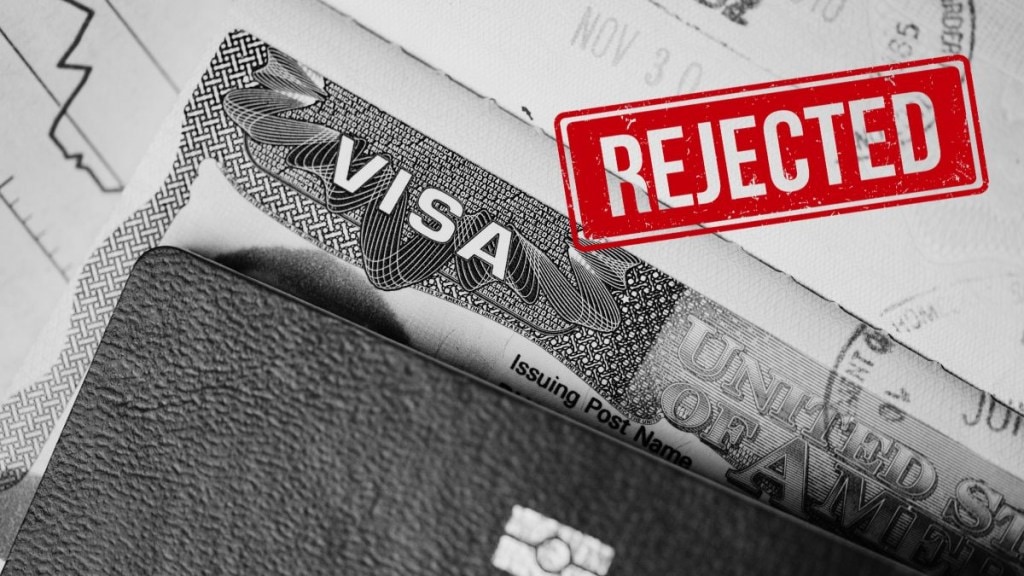Amid visa rejection stories and stringent norms, in the depths of social media, was a disheartened US visa applicant. Sharing his tryst with the scheduling interview, a post revealed that his F1 visa application was rejected after 221(g) social media vetting process.
Newly introduced by the Trump administration, it added another layer of scrutiny over the already strict norms to obtain a US visa. With increased fees and lower probability, applicants are left with a “passport and 214(b) slip”. This rejection section means that the seeker did not “sufficiently demonstrate to the consular officer that you qualify for the nonimmigrant visa category”. Additionally, they could not overcome the presumption of immigration intent.
‘Officer kept my passport and gave 221(g)’
The visa seeker, while sharing his experience on social media that all the formalities, ahead of the visa application process, went smoothly. He was instructed to make all his social media accounts public, to which he obliged after the consulate kept his passport and handed him the 221 (g). This meant that the officials needed more information to conclude the eligibility of the US visa.
Yesterday, July 30, he received an email indicating the rejection of his application. “When I got my passport back, it had 214 (b) slip and ofc (of course) no visa,” the user added to his post.
Existing B1/B2 visa – still denied
The visa seeker explained his history of international travel. He shared that he has an “active B1/B2 visa that will expire in July 2026, and if I would have gotten my F1, it would have been valid till September 2026.”
He also added that he filed for an online DS-160 earlier this year in April which is a non-immigrant visa application for temporary travel to the US. But at the time, there were no social media vetting norms in place.
He even received verbal confirmation from the officer that “everything checks out”. But it was stressed that he make his social media accounts public, since he was in the US just ten days ahead of this interview.
Netizens collectively agreed that it could have been because of incomplete social media information provided in the DS-160, at the time when 214 (b) social media vetting was not in place. It only however added to the burden of reapplying and how his plans and “everything just went away in 1 second.”

